E-Invoicing Mandates Across Africa: Key Changes and Digital Tax Trends

E-invoicing is rapidly becoming the new standard for tax compliance across Africa. As governments seek to combat tax fraud, enhance revenue collection and modernize their fiscal systems, the shift from paper-based invoices to real-time, digital reporting is no longer a future trend but a present reality.
Kenya, Nigeria, Tanzania, Senegal, Egypt and Uganda are at the forefront of this movement, each implementing distinct strategies to bring their economies into the digital age. Here is a comparative look at their latest e-invoicing mandates and what they mean for businesses operating in the region.
1. Kenya: The Mandatory eTIMS Rollout
Kenya has been a pioneer in Africa’s digital tax landscape, and its e-invoicing journey has been marked by continuous expansion. The Kenya Revenue Authority (KRA) has transitioned from its initial Tax Invoice Management System (TIMS) to a more robust and flexible Electronic Tax Invoice Management System (eTIMS).
System Overview: The eTIMS system is a software-based solution that allows businesses to generate, validate, and transmit tax invoices to the KRA in real-time or near real-time. It is a mandatory requirement for all businesses in Kenya, including both VAT and non-VAT registered taxpayers.
Key Requirements & Deadlines:
· Universal Adoption: The KRA's directive, effective from January 1, 2024, mandates that all businesses must issue eTIMS-compliant invoices to support any business expenses they wish to claim for tax purposes.
· Onboarding Extension: For non-VAT registered taxpayers, the onboarding period to the eTIMS platform was extended until March 31, 2024.
· eTIMS Solutions: The KRA offers various eTIMS solutions, including eTIMS Lite (Web, USSD, and Mobile App for minimal transactions), eTIMS Client for more complex needs, and Virtual/Online Sales Control Units (VSCU/OSCU) for system-to-system integration.
· Sector-Specific Mandates: The KRA has also been issuing sector-specific directives, such as the requirement for all fuel stations to adopt eTIMS at the pumps. Non resident suppliers of digital services are also exempt from e-invoicing requirements.
Impact & Penalties: Failure to comply with the eTIMS regulations can result in severe penalties, including fines and potential imprisonment. Furthermore, businesses that do not issue eTIMS-compliant invoices risk having their customers unable to claim input tax or tax deductions, which can have a detrimental effect on business relationships and supply chains.
2. Nigeria: The Merchant-Buyer Solution for Large Taxpayers
Nigeria's Federal Inland Revenue Service (FIRS) has launched its e-invoicing regime, known as the Merchant-Buyer Solution (MBS). Effective August 1, 2025, this mandate applies to all "large taxpayers" defined as businesses with an annual turnover of ₦5 billion or more.
System Overview: The MBS platform operates on a pre-clearance model, where invoices are validated by the FIRS system before being transmitted to the buyer. This ensures the authenticity of transactions and provides the tax authority with real-time visibility into business activities. The system leverages the Pan-European Public Procurement Online (PEPPOL) network conventions, requiring invoices to be in a structured UBL/XML format.
Key Requirements:
· Mandatory Registration: Large taxpayers must register and onboard onto the FIRS platform.
· System Integration: Businesses are required to integrate their existing invoicing systems with the MBS platform to facilitate real-time invoice generation, validation, and transmission. This mandate also extends to non-resident persons supplying taxable goods and services in Nigeria.
Impact: This phased approach signals a major step toward digitalizing tax compliance in Nigeria. The focus on large taxpayers first allows the FIRS to test the system and provide support, with the likely goal of expanding the mandate to a wider range of businesses in the future. Penalties for non-compliance can include fines of ₦200,000 plus 100% of the tax due.
3. Tanzania: Extending E-invoice Reporting to All Taxpayers
Tanzania, which already had an e-invoicing system in place for some taxpayers, is taking its digital transformation a step further. The 2025/26 budget proposal includes plans to extend mandatory e-invoice reporting to all taxpayers, regardless of their size.
System Overview: The Tanzania Revenue Authority (TRA) is working to integrate all taxpayer invoicing systems with its upgraded Electronic Fiscal Device Management System (EFDMS). This will allow for the automatic verification of transactions and the issuance of e-invoices with a verification code. The system uses a pre-clearance model where taxpayers must request permission to issue an e-invoice, which is then verified and approved by the EFDMS before being sent to the customer.
Key Requirements:
· Universal Integration: All businesses will be required to connect their invoicing systems whether they use Electronic Fiscal Devices (EFD), Point-of-Sale (POS) machines, or ERPs to the EFDMS platform.
· Pre-clearance Model: A pre-clearance model is in effect. Taxpayers must request permission to issue an e-invoice, which is then verified and approved by the EFDMS before being sent to the customer.
Impact: This move will significantly increase the administrative burden on small and medium-sized enterprises (SMEs) that may not have advanced accounting systems. However, it is expected to create a more level playing field for tax compliance and substantially increase the TRA's ability to monitor transactions.
4. Senegal: A Phased Rollout on the Horizon
Senegal is preparing to introduce mandatory e-invoicing as part of its 2025 Finance Bill. This initiative will replace the previous voluntary system and is designed to combat tax evasion and improve the efficiency of VAT collection.
System Overview: While the specific format and official timeline for the rollout have not been fully detailed, the legislation establishes the use of a dedicated public portal or an approved digital platform for processing transactions.
Key Requirements:
· Structured Format: Invoices must be submitted in a structured electronic format.
· Centralized Platform: All invoices will be required to pass through a centralized platform designated by the Directorate General of Taxes and Domains (DGID).
· Phased Implementation: The rollout is expected to be phased, though the specific taxpayer groups and deadlines are yet to be announced.
Impact: The legislation includes sanctions for non-compliance, with fines of up to 25% of the VAT amount on an invoice, capped at XOF 5 million (approximately EUR 7,700) per invoice. This signals a serious commitment to enforcing the new rules and marks a significant shift from the previous voluntary system.
5. Egypt: A Fully Implemented Pre-Clearance Model
Egypt is a mature player in Africa's e-invoicing space, having launched a mandatory system that is now fully implemented. The Egyptian Tax Authority (ETA) has been a strong driver of digital tax transformation.
System Overview: Egypt's system operates on a pre-clearance model for both B2B and B2C transactions. The system is known as the e-invoicing system for B2B and the e-receipt system for B2C. Recent updates include the expansion of the e-receipt obligation for B2C transactions to additional groups of taxpayers, with a new deadline of September 15, 2025.
Key Requirements:
· Universal Compliance: All VAT-registered businesses are required to issue electronic invoices for B2B transactions and electronic receipts for B2C transactions.
· Digital Signature: All e-invoices must be digitally signed to guarantee authenticity and integrity.
· Real-time Submission: Taxpayers must submit invoices in real time to the ETA's portal for validation before the document is considered legally valid.
Impact: By mandating a pre-clearance model, Egypt has created a highly controlled tax environment that gives the ETA unprecedented visibility into all business transactions, significantly reducing the opportunity for tax evasion.
6. Uganda: The EFRIS System for Enhanced Compliance
Uganda has also been aggressive in its digital tax reforms, with the implementation of the Electronic Fiscal Receipting and Invoicing Solution (EFRIS) starting in 2021.
System Overview: EFRIS is a centralized platform that requires all VAT-registered businesses to issue e-invoices or e-receipts and transmit them to the Uganda Revenue Authority (URA) in real-time. Recent developments include the launch of a new mobile application to simplify compliance and the expansion of the mandate to 12 additional business sectors, effective July 1, 2025.
Key Requirements:
· Mandatory for VAT-Registered: All VAT-registered businesses must use EFRIS for issuing invoices and receipts. There have been recent announcements designating specific sectors for whom the mandate is compulsory.
· Validation: Upon submission, EFRIS validates the invoice and issues a unique Fiscal Document Number (FDN) and a QR code, which are essential for the document to be considered valid.
Impact: EFRIS aims to improve tax compliance by curbing issues like sales suppression, non-issuance of receipts, and false refund claims. The URA has made it clear that failure to use an EFRIS-compliant system can lead to severe penalties.
Conclusion
The e-invoicing mandates across Africa signify a clear commitment to leveraging technology to close tax gaps and create more transparent, efficient fiscal environments. While the specific models from Nigeria's focus on large taxpayers to Kenya's and Tanzania's push for universal adoption differ, the ultimate goal remains the same: a fully digitized, real-time tax ecosystem. For businesses operating in these markets, proactive preparation and a clear understanding of these new mandates are critical for ensuring compliance.
Sources:KRA,Deloitte,PwC, VATupdate , WTS Global, Pagero, SoftPower News, EDICOM Global

More News from Africa
Get real-time updates and developments from around the world, keeping you informed and prepared.
-e9lcpxl5nq.webp)





-xs4qde7eim.webp)
-rhc39covsa.webp)
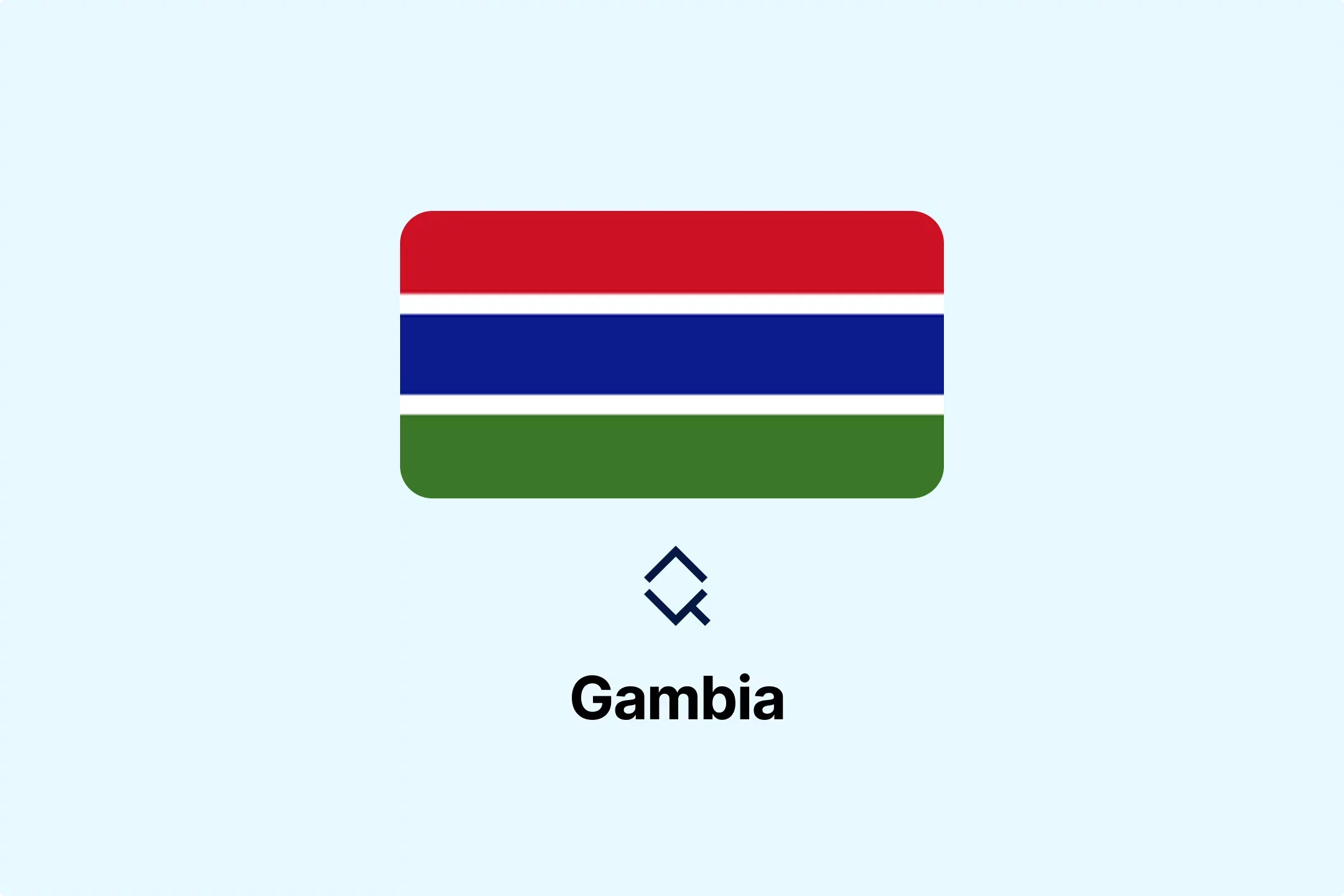
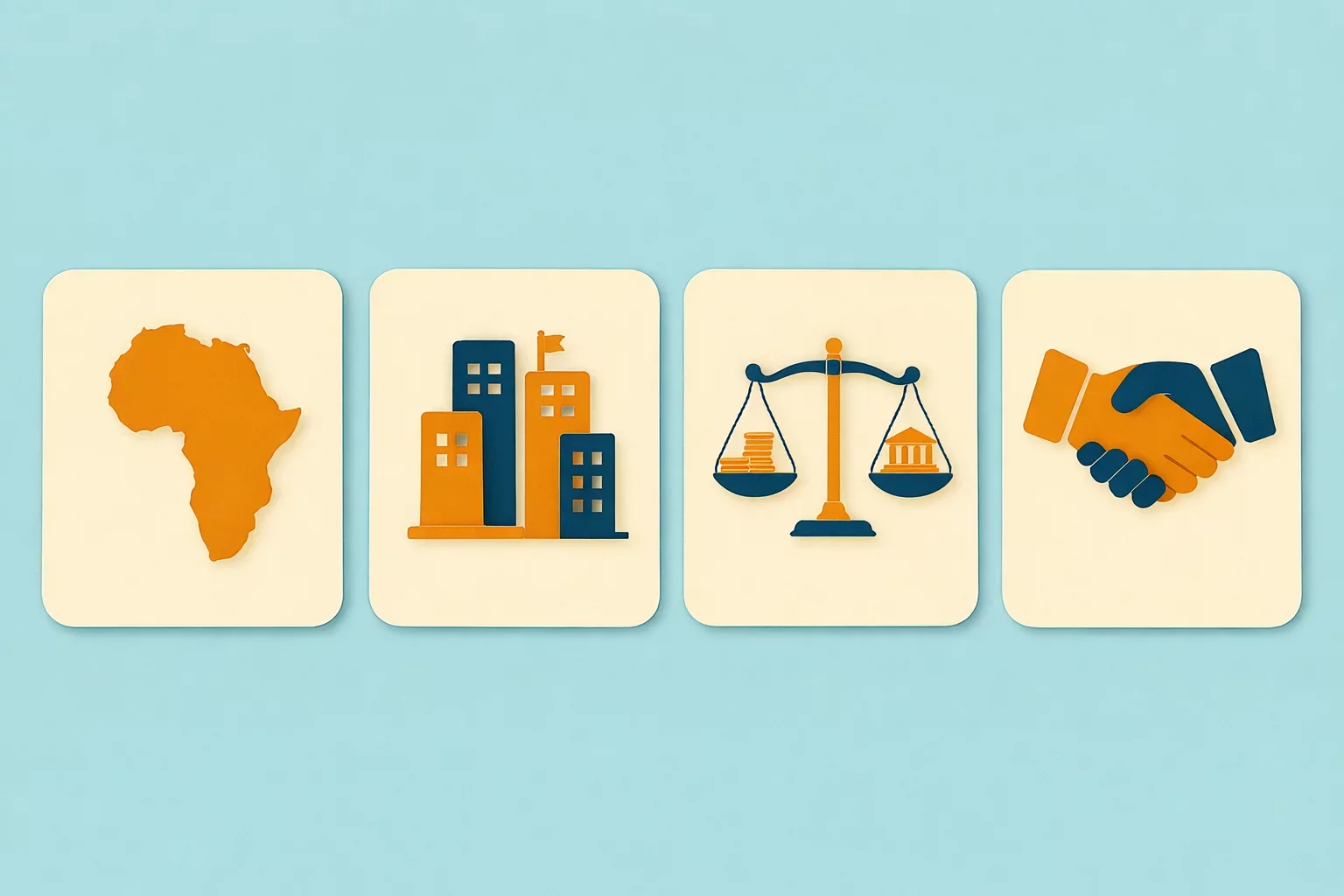
-fegt1crxvf.webp)

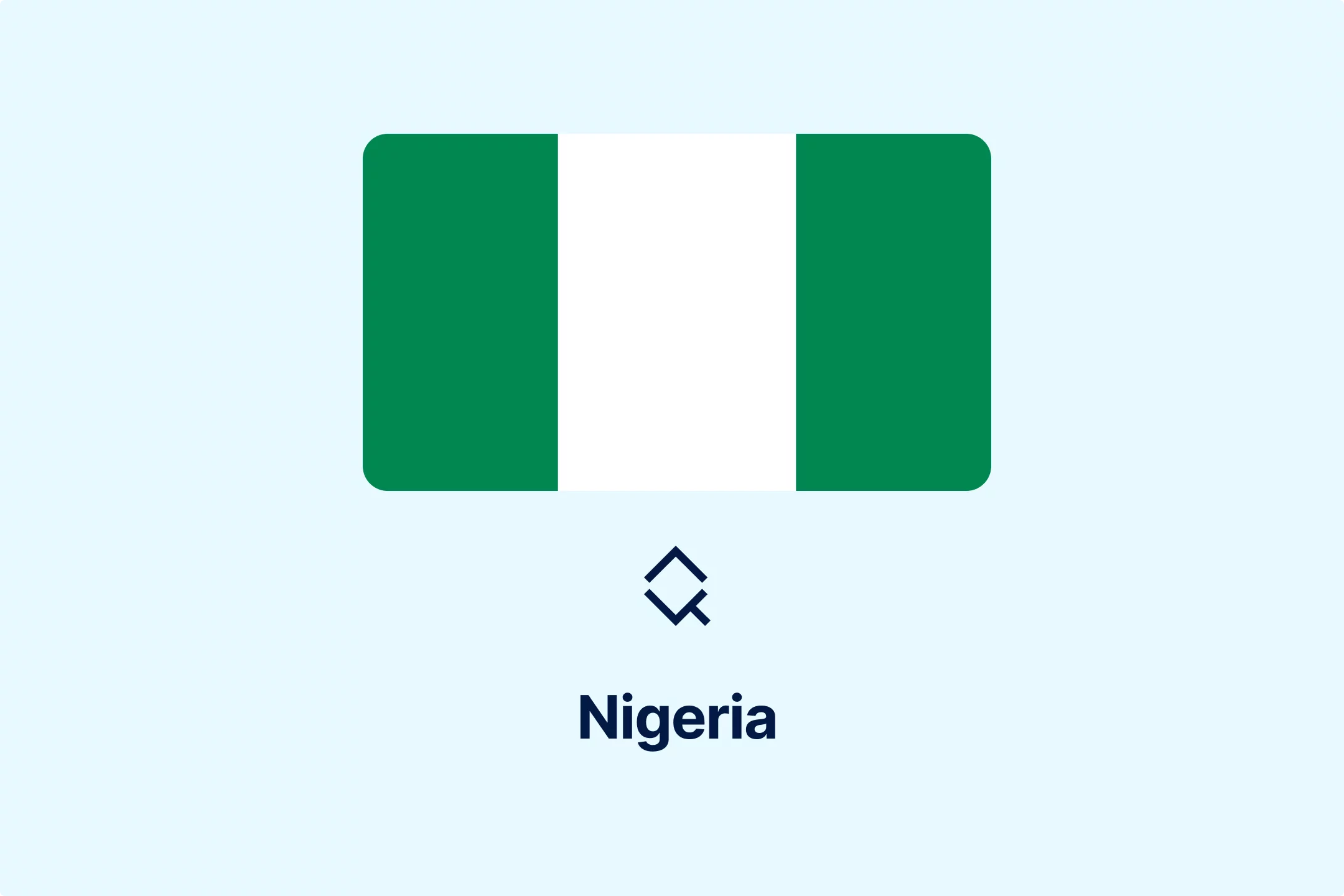
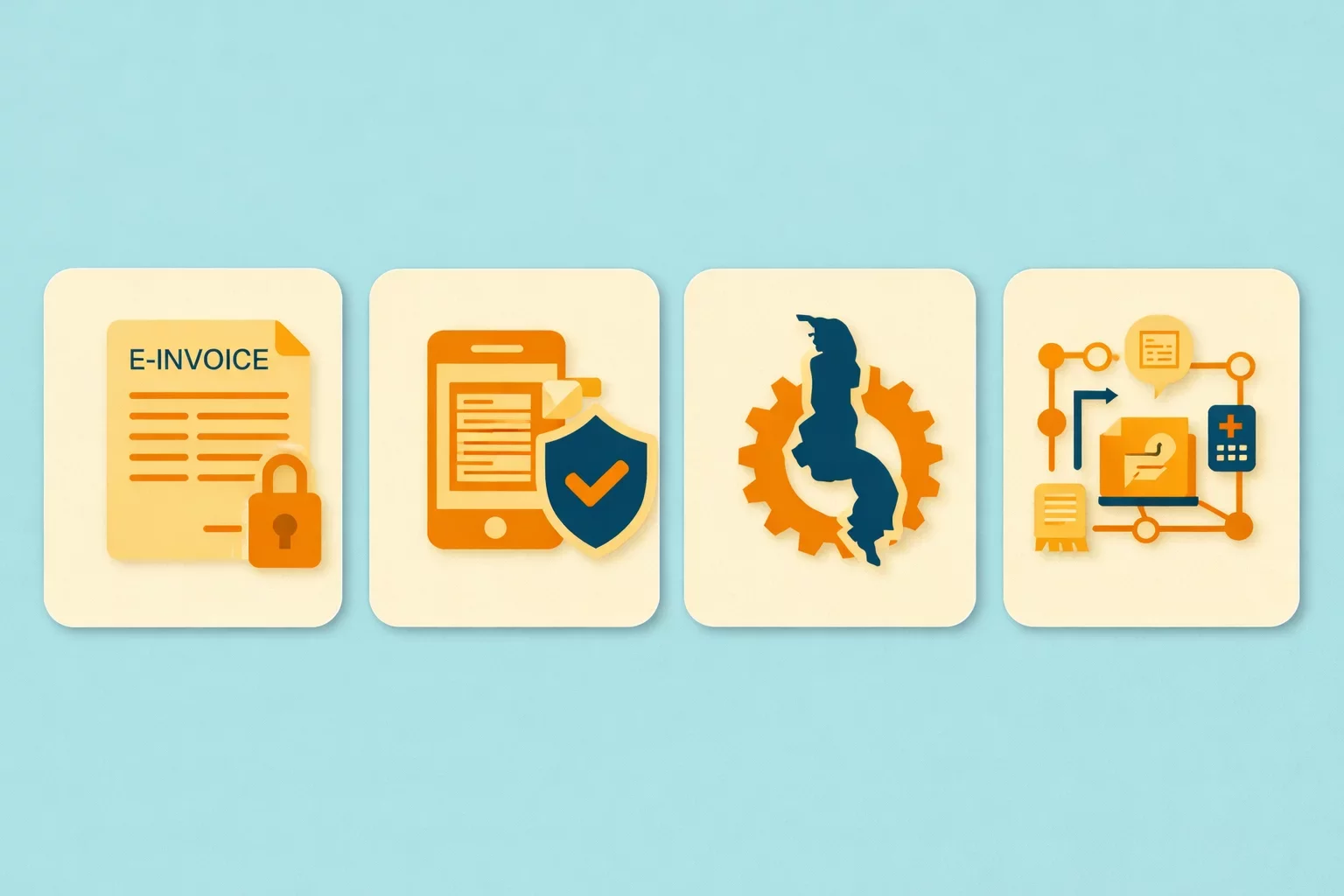

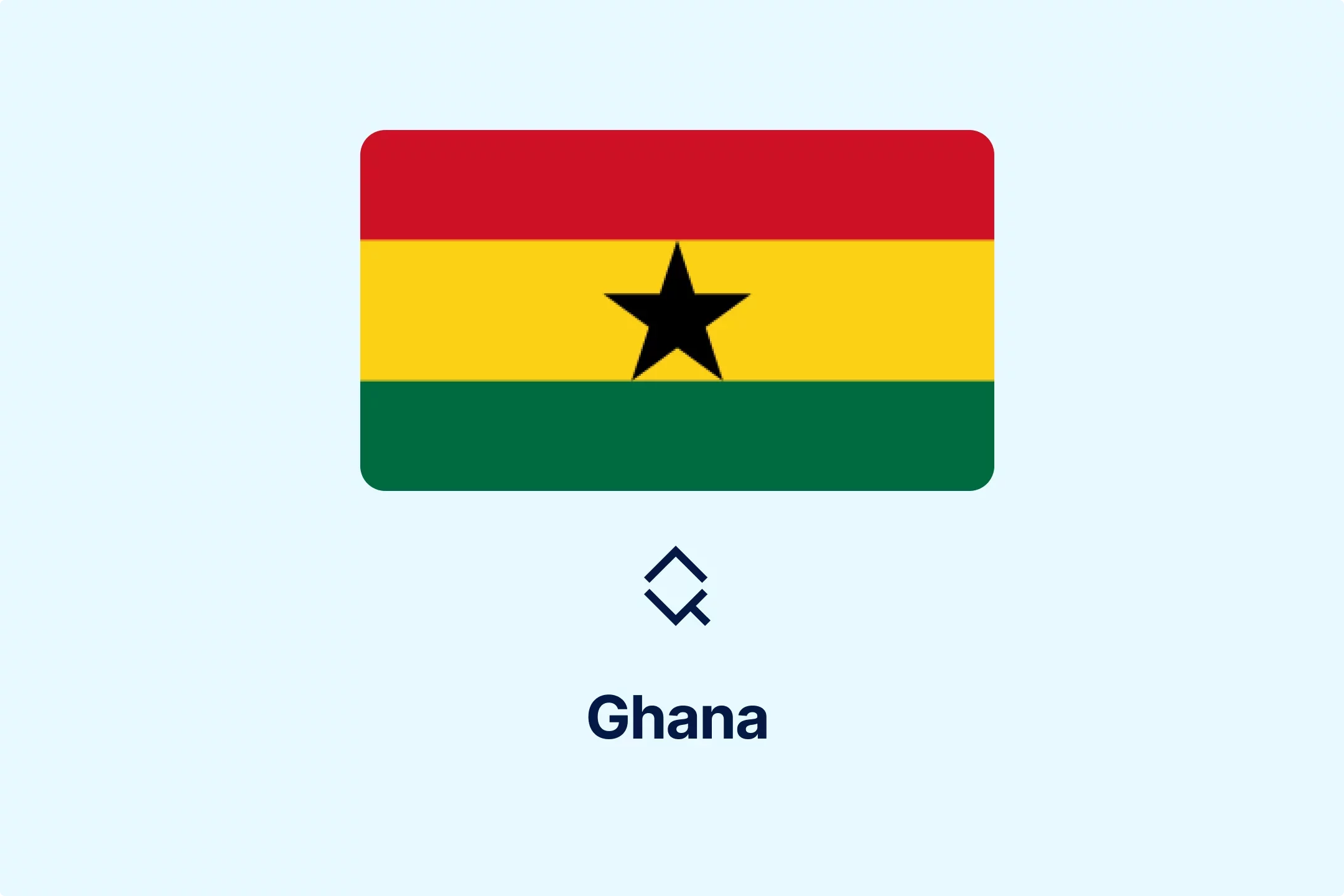
-yzgflot48e.webp)

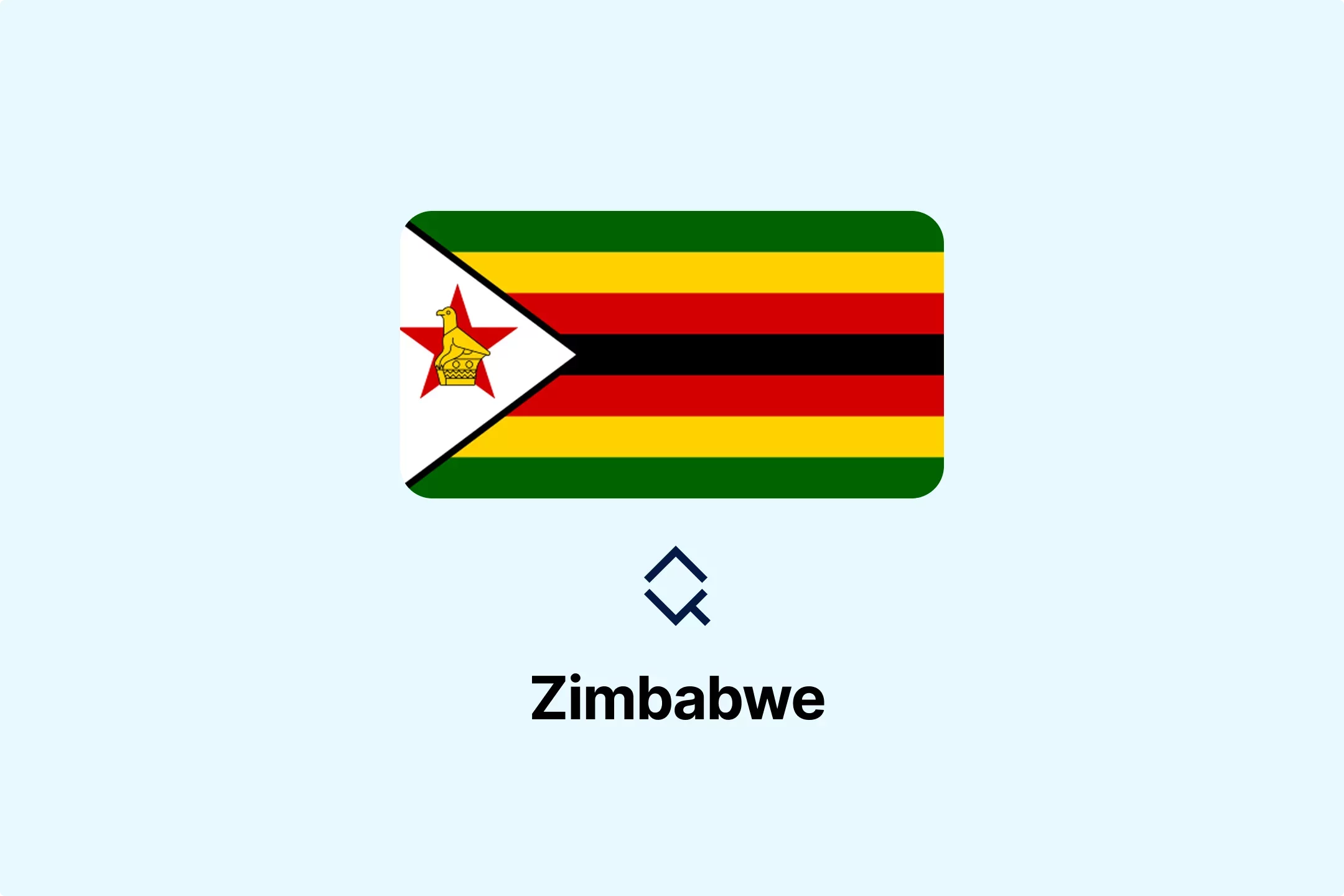
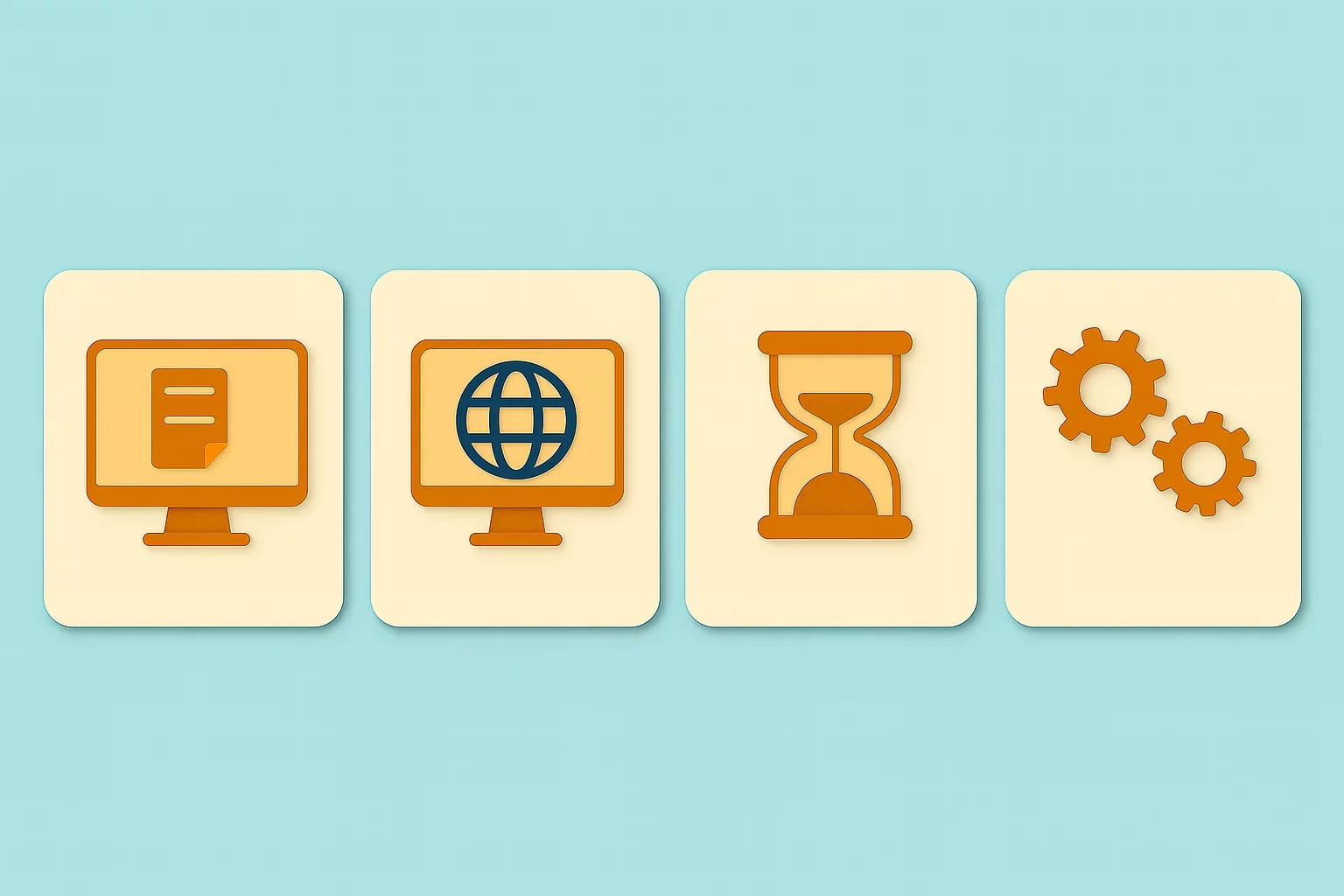
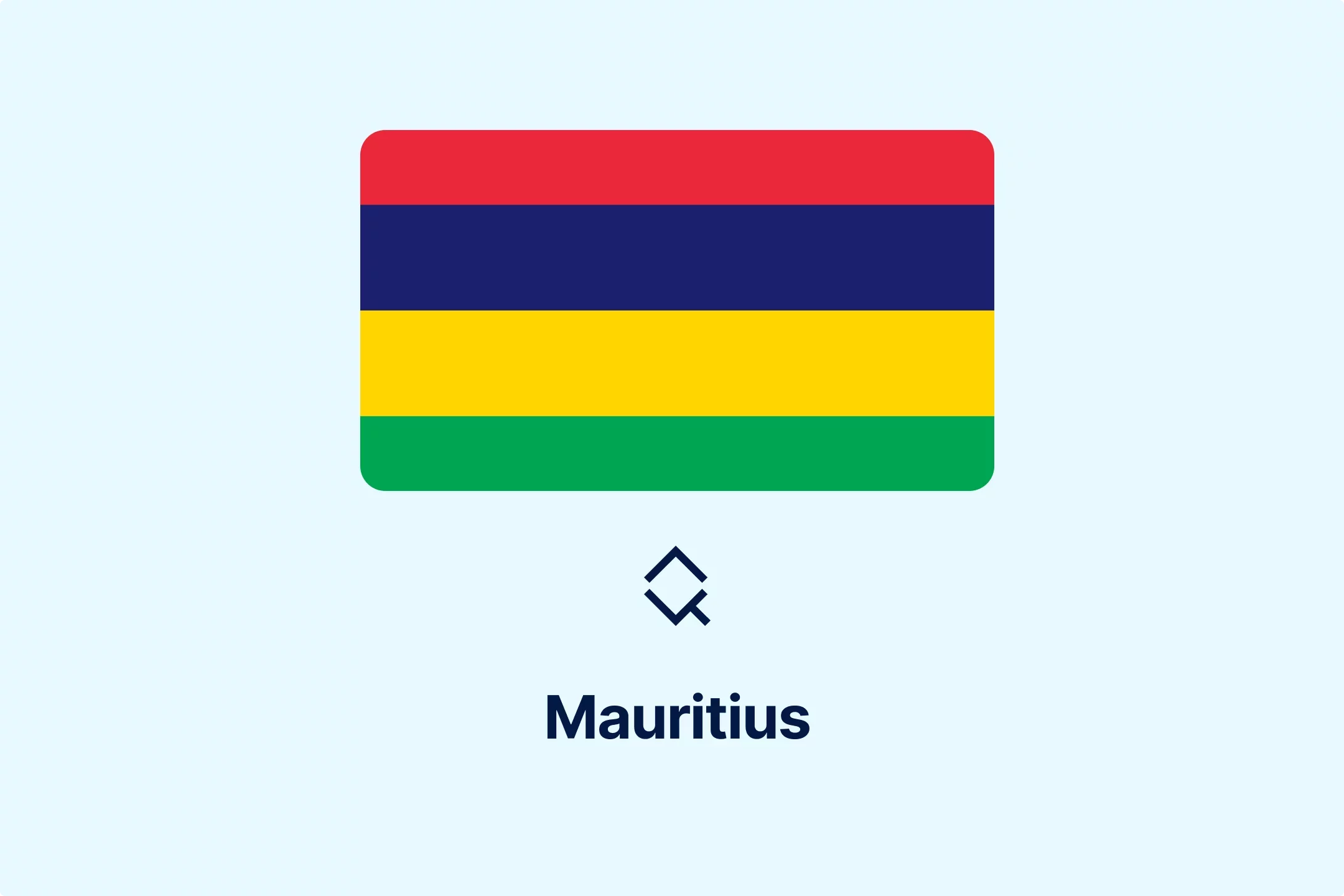
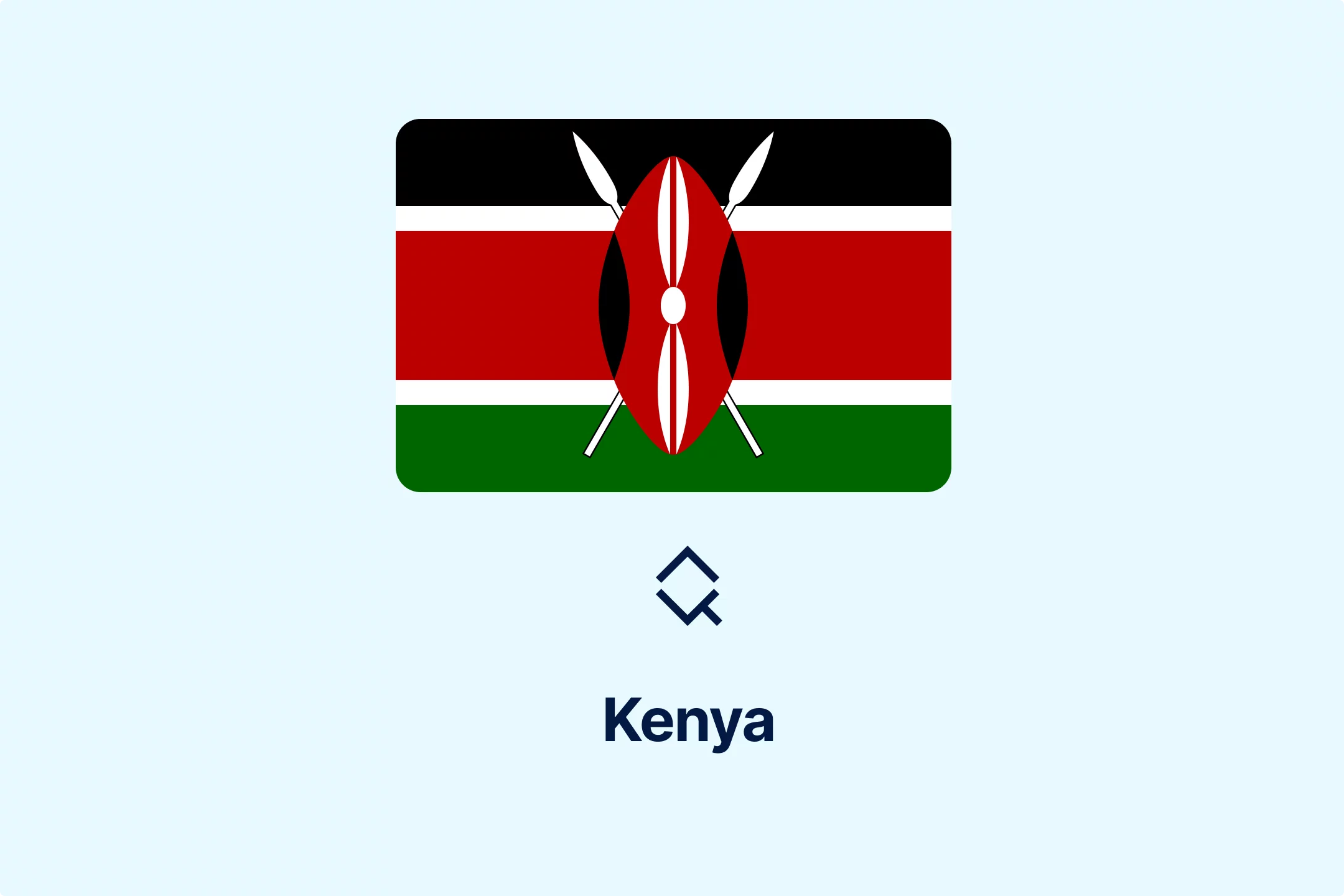
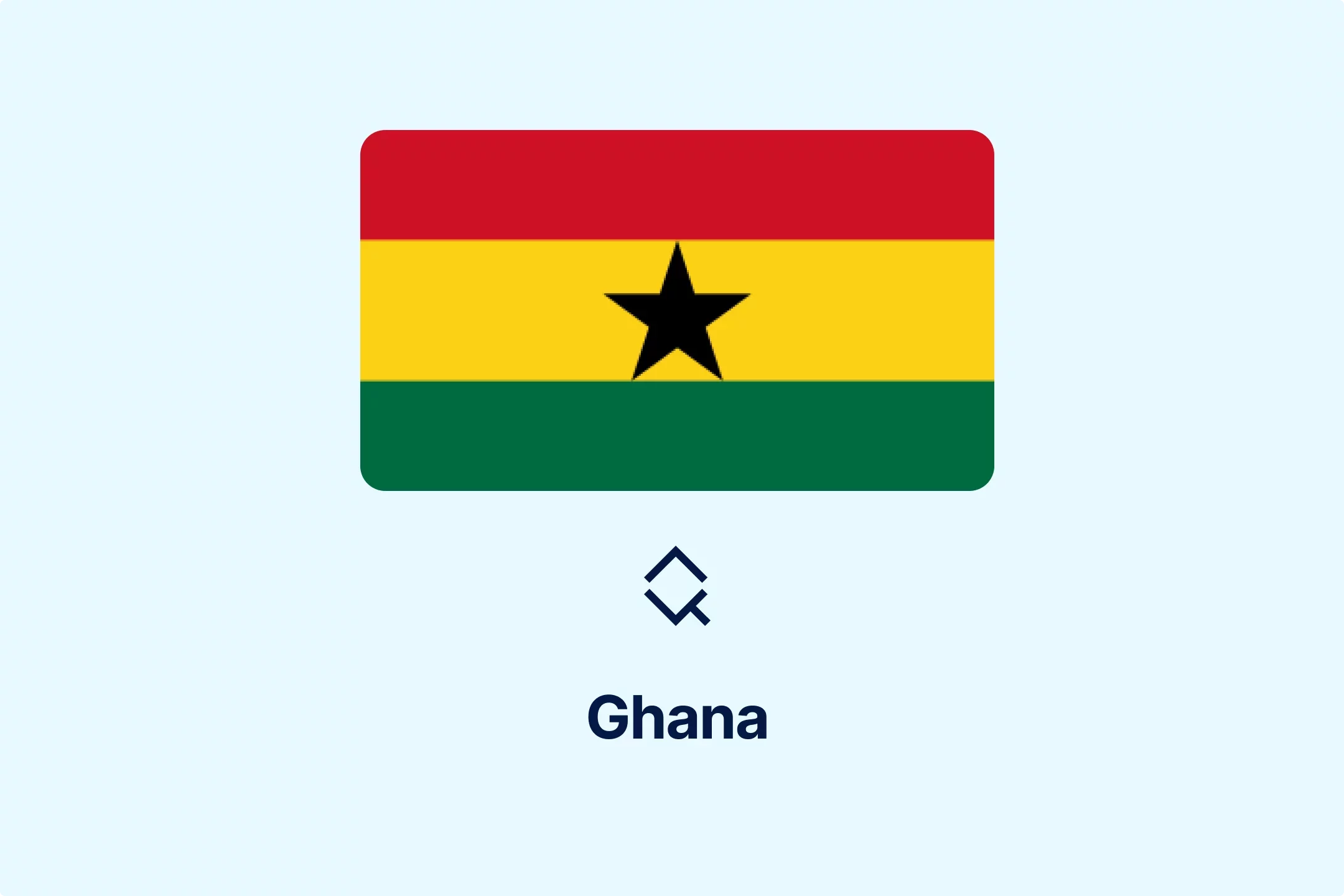
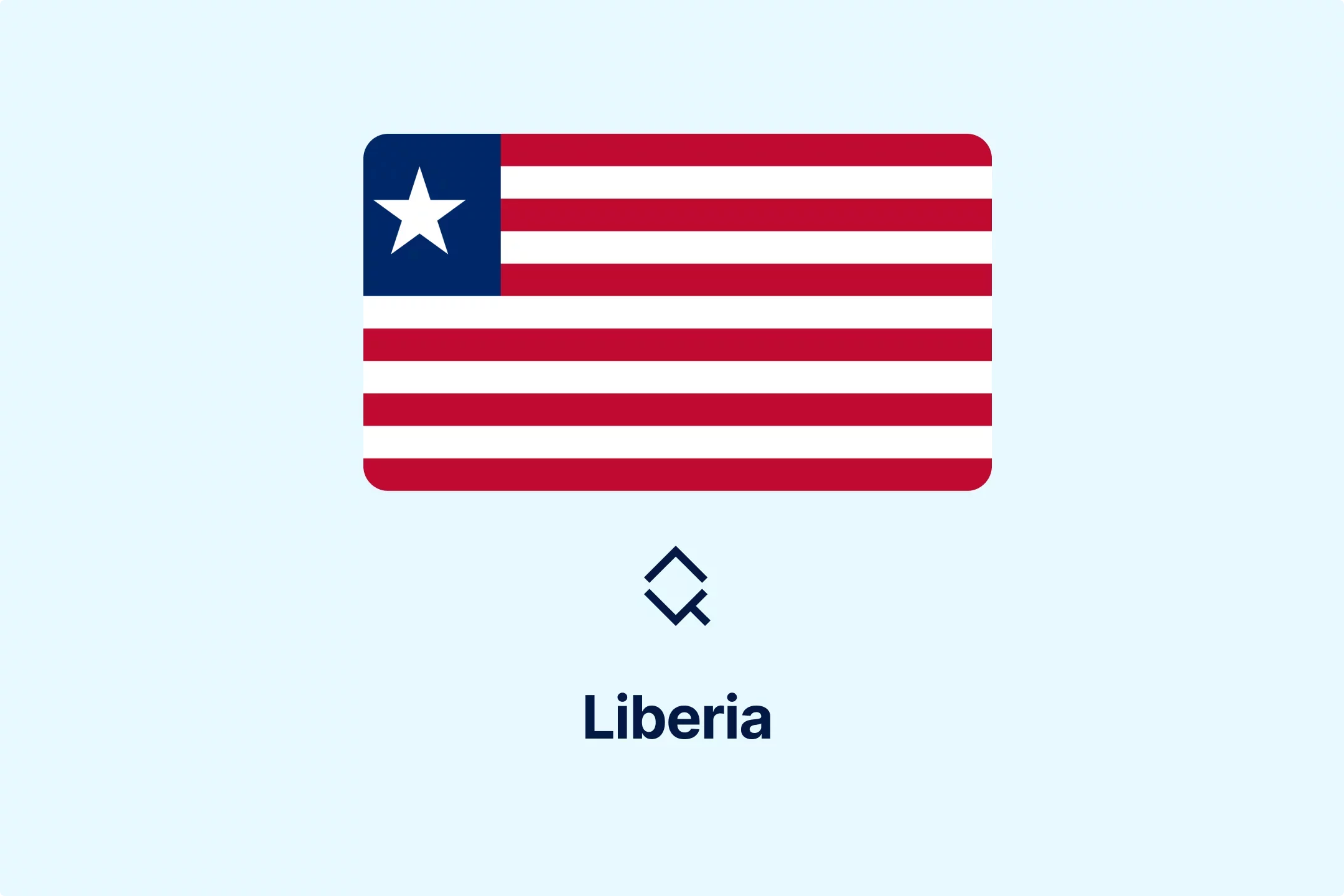
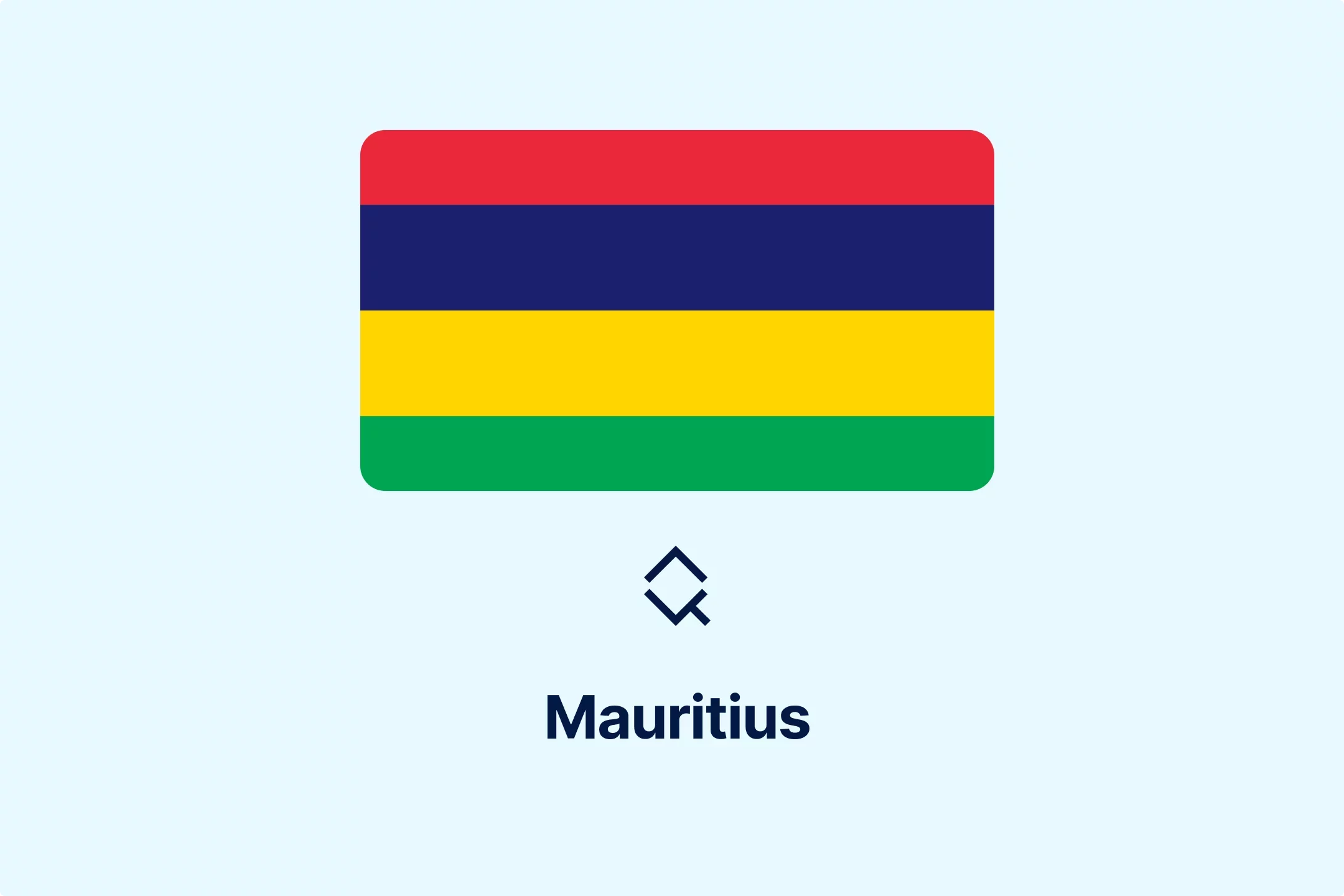
-26y2kxniki.webp)
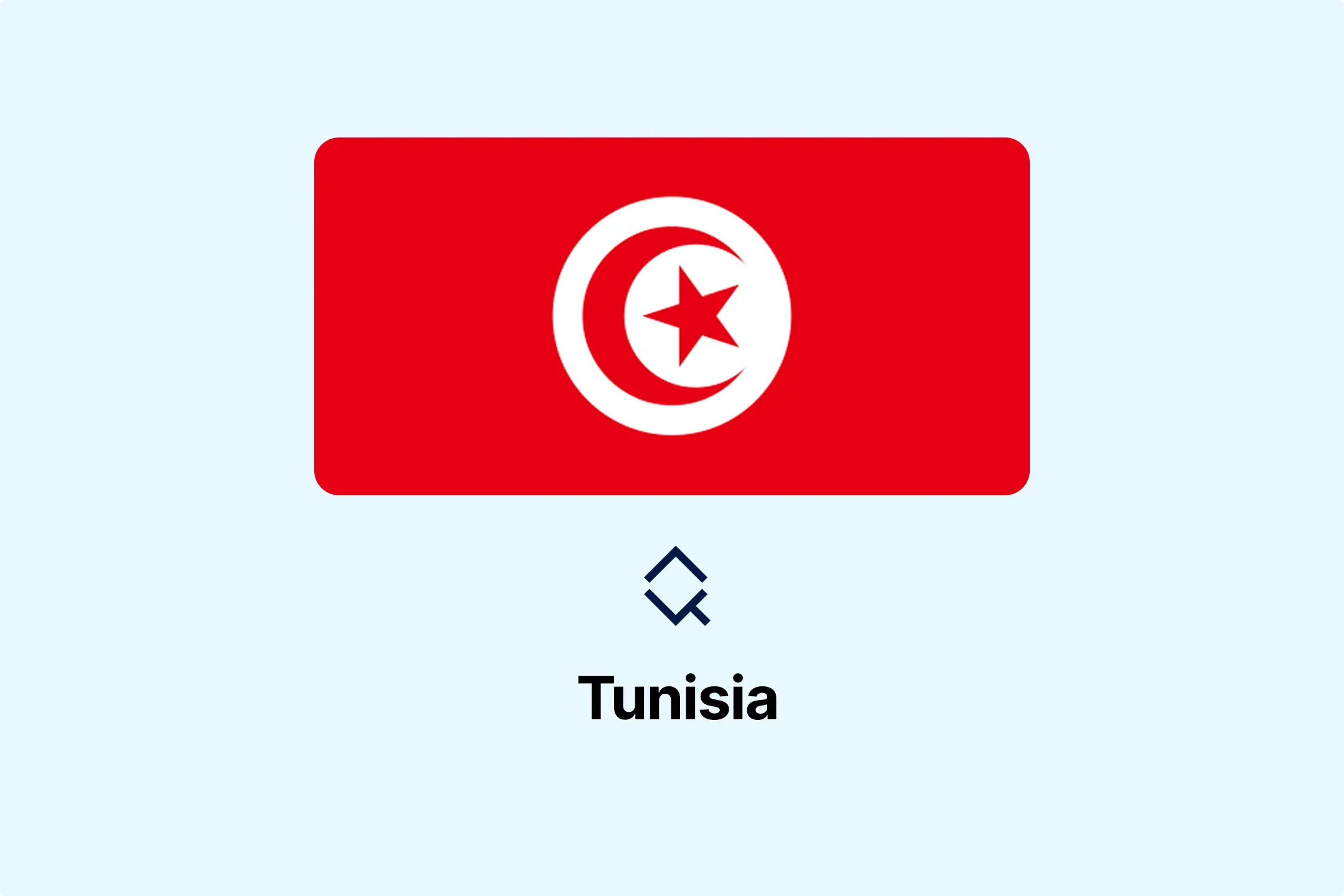



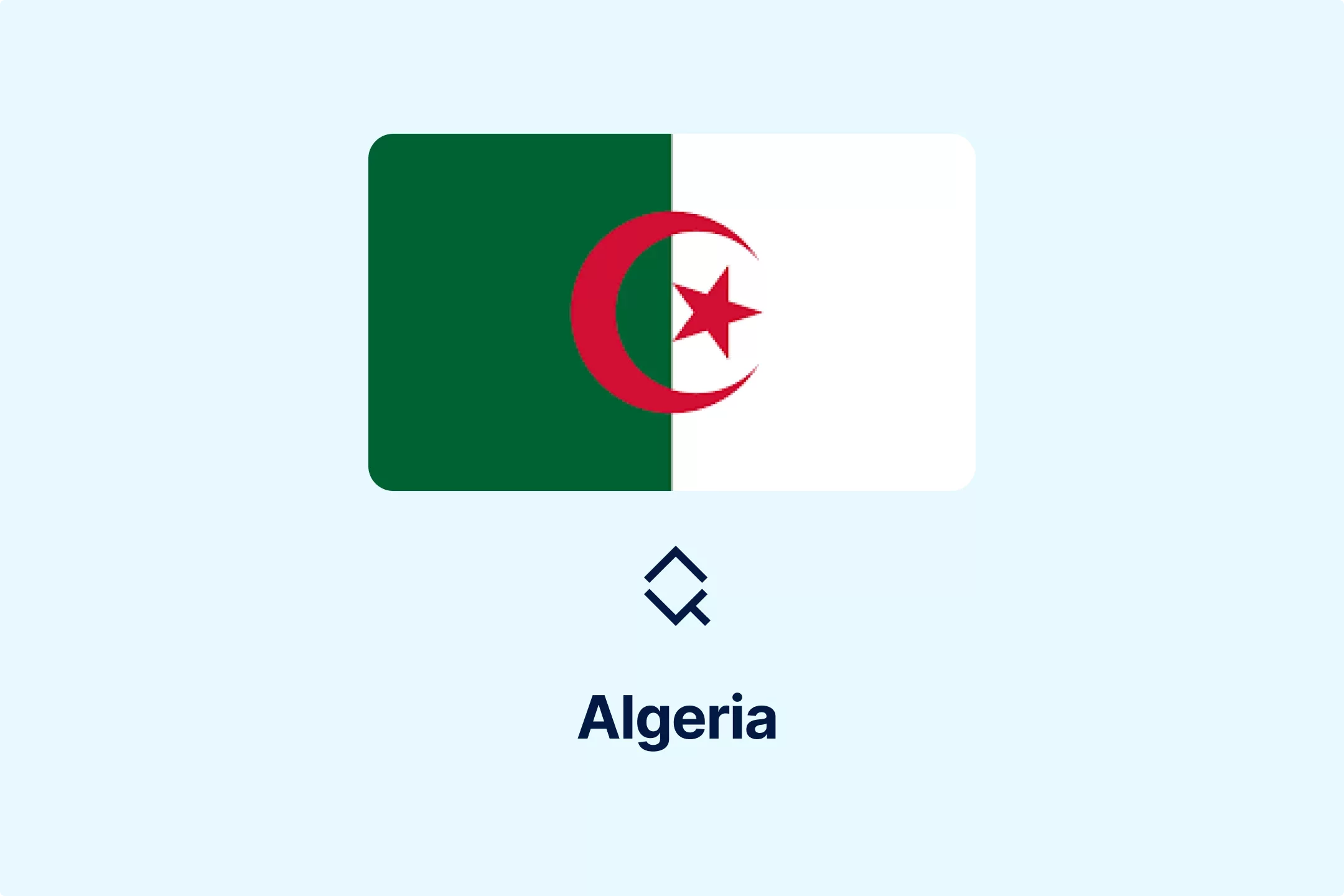
-pyxy31ev4o.webp)
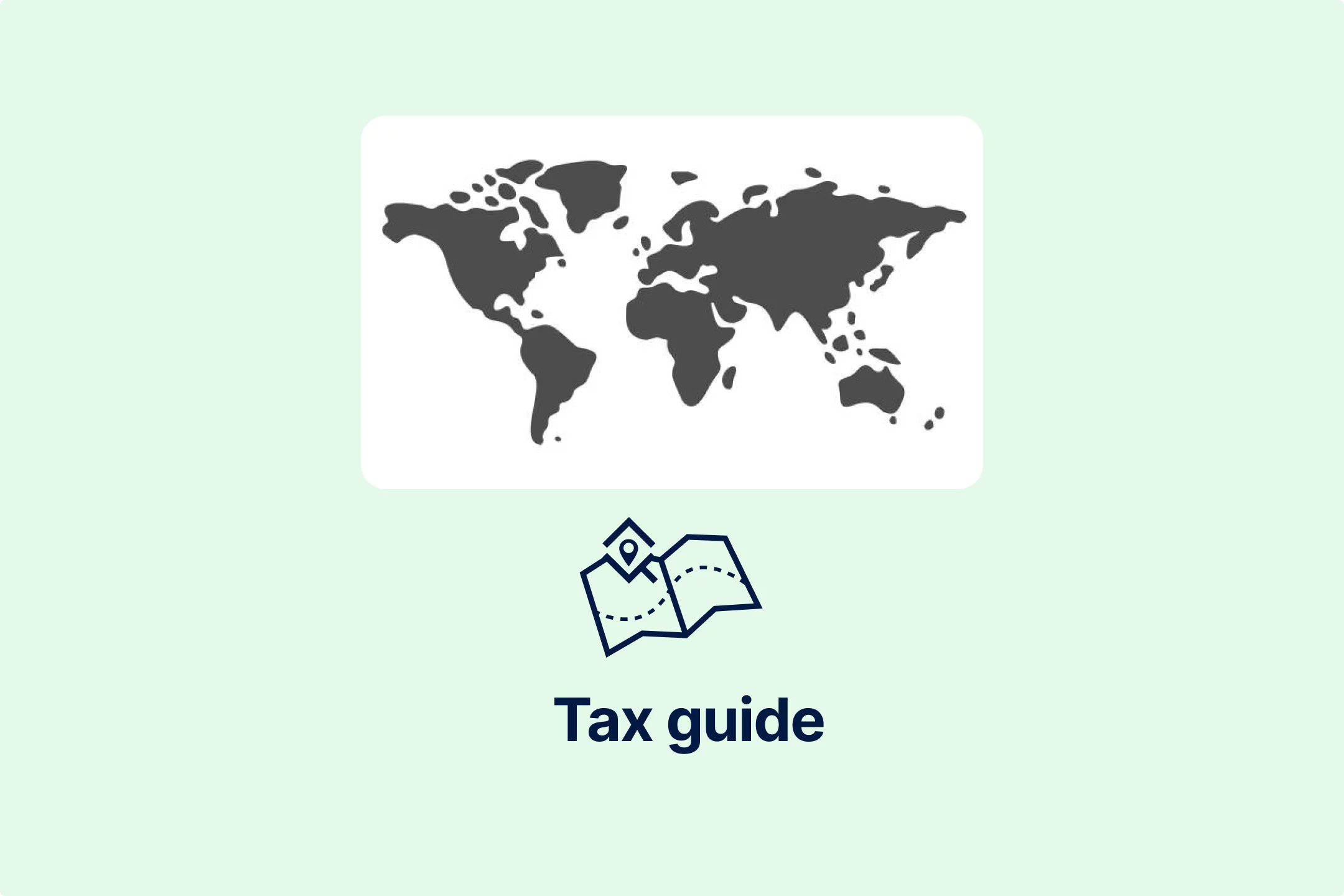
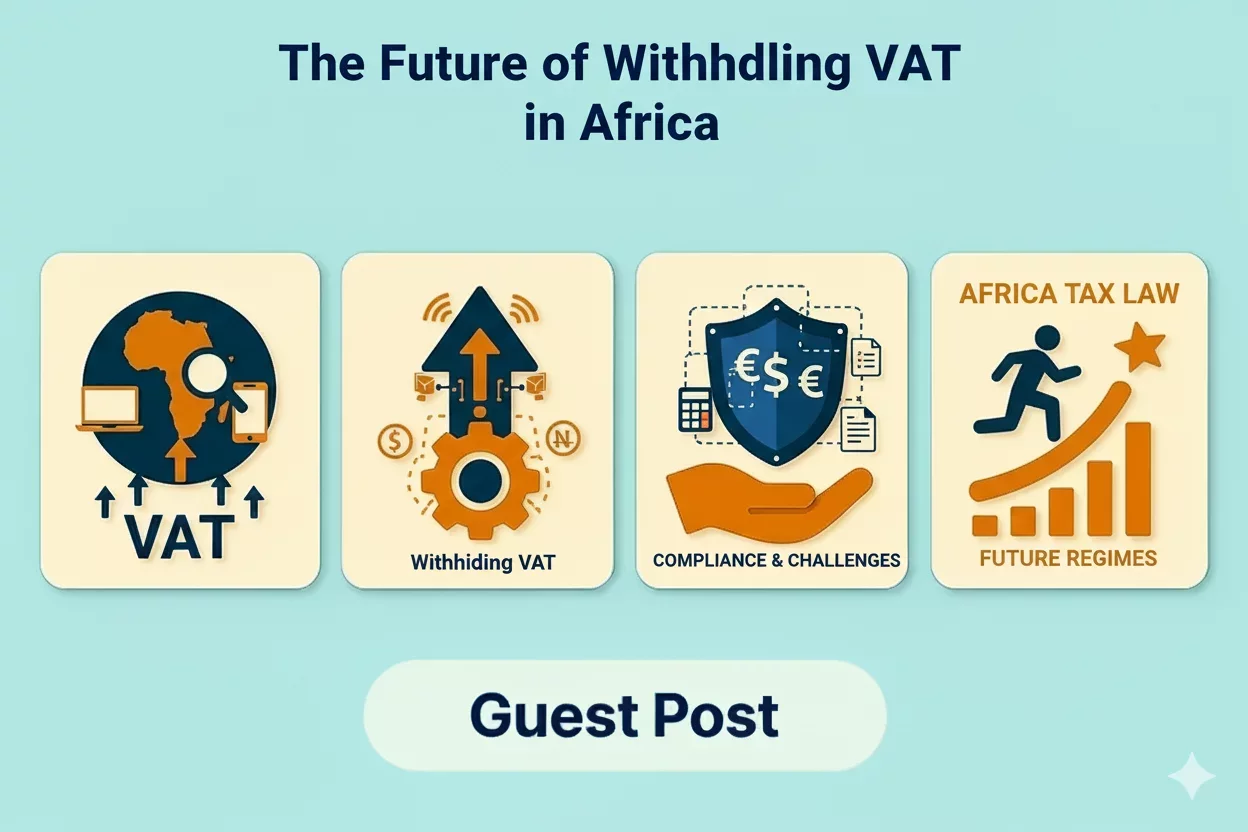
-rsgux3hh8v.webp)
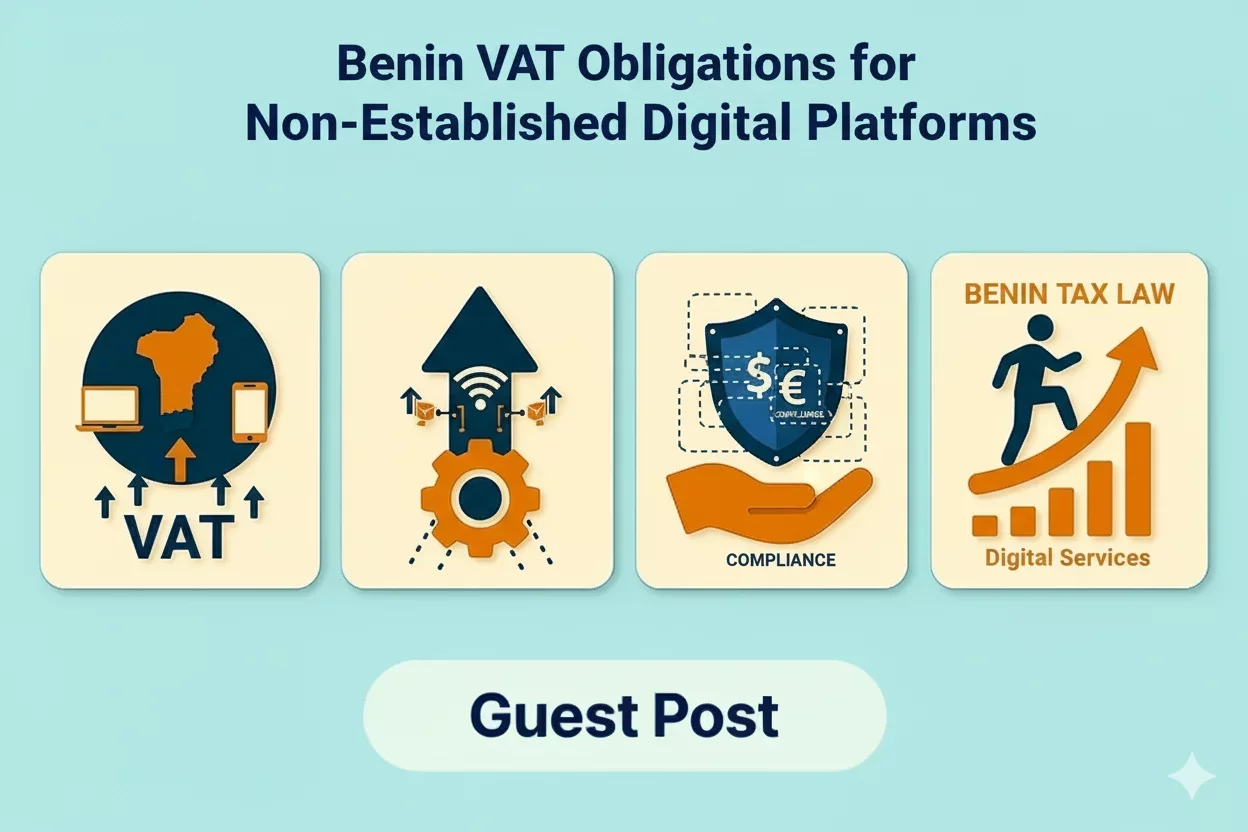
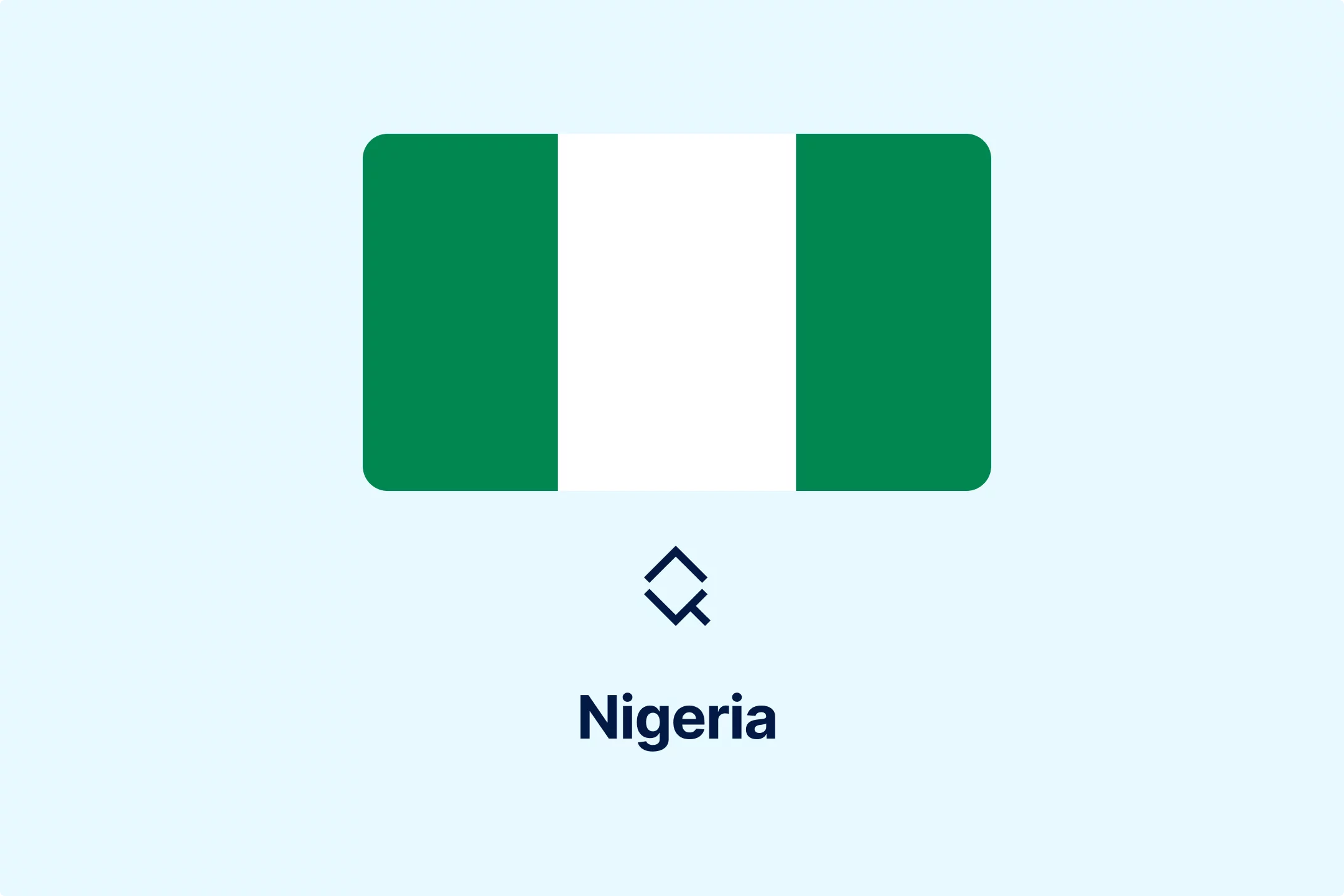
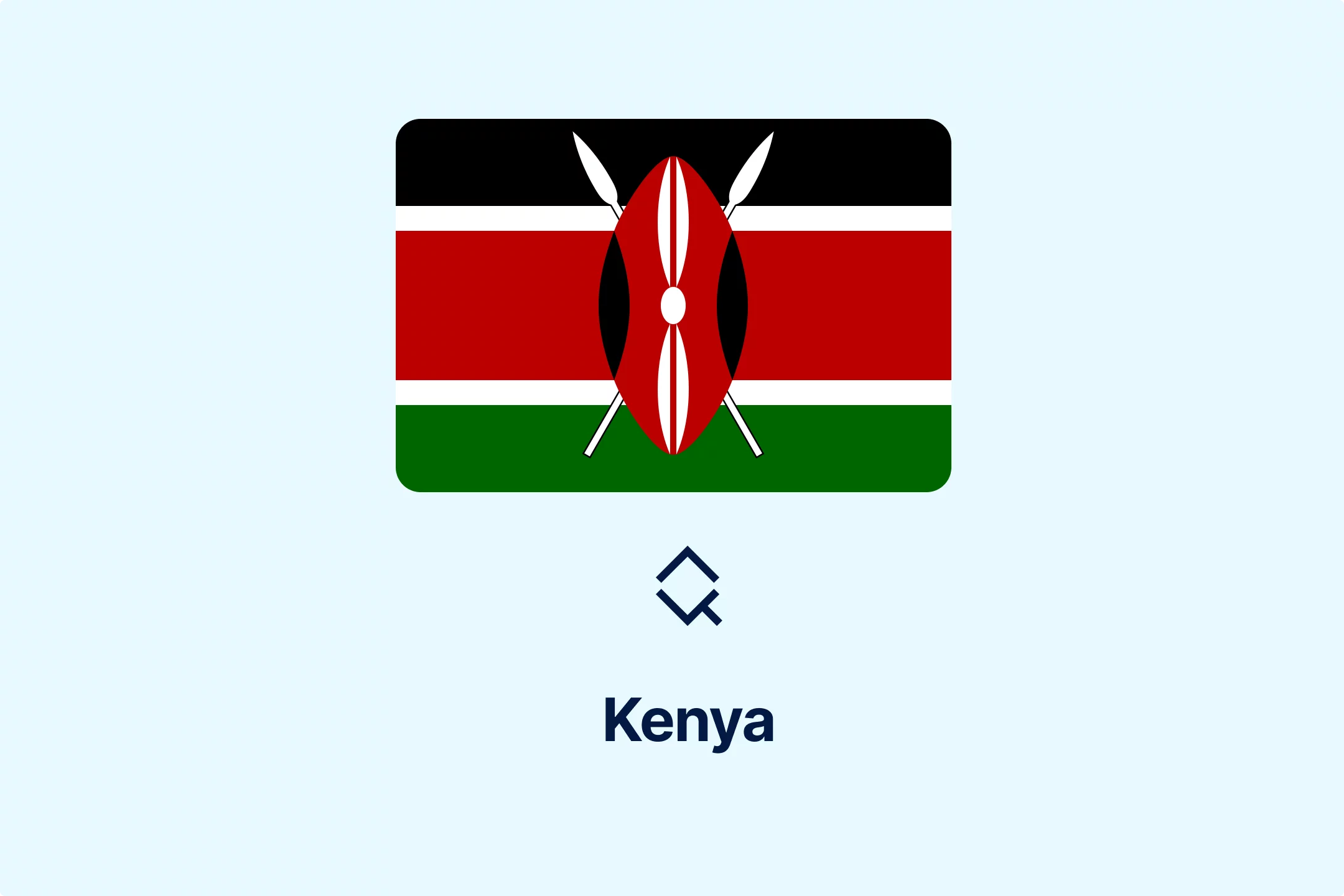
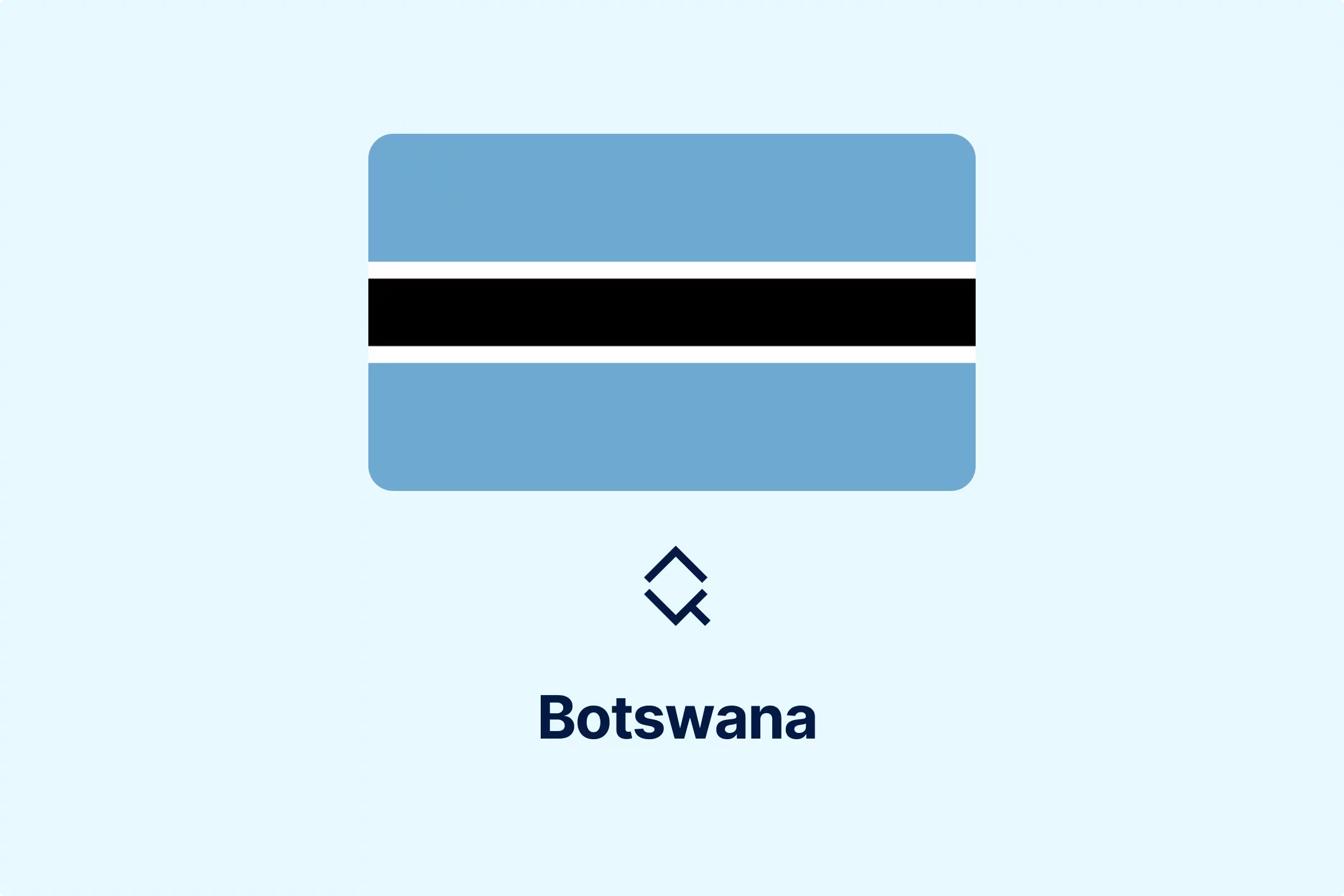

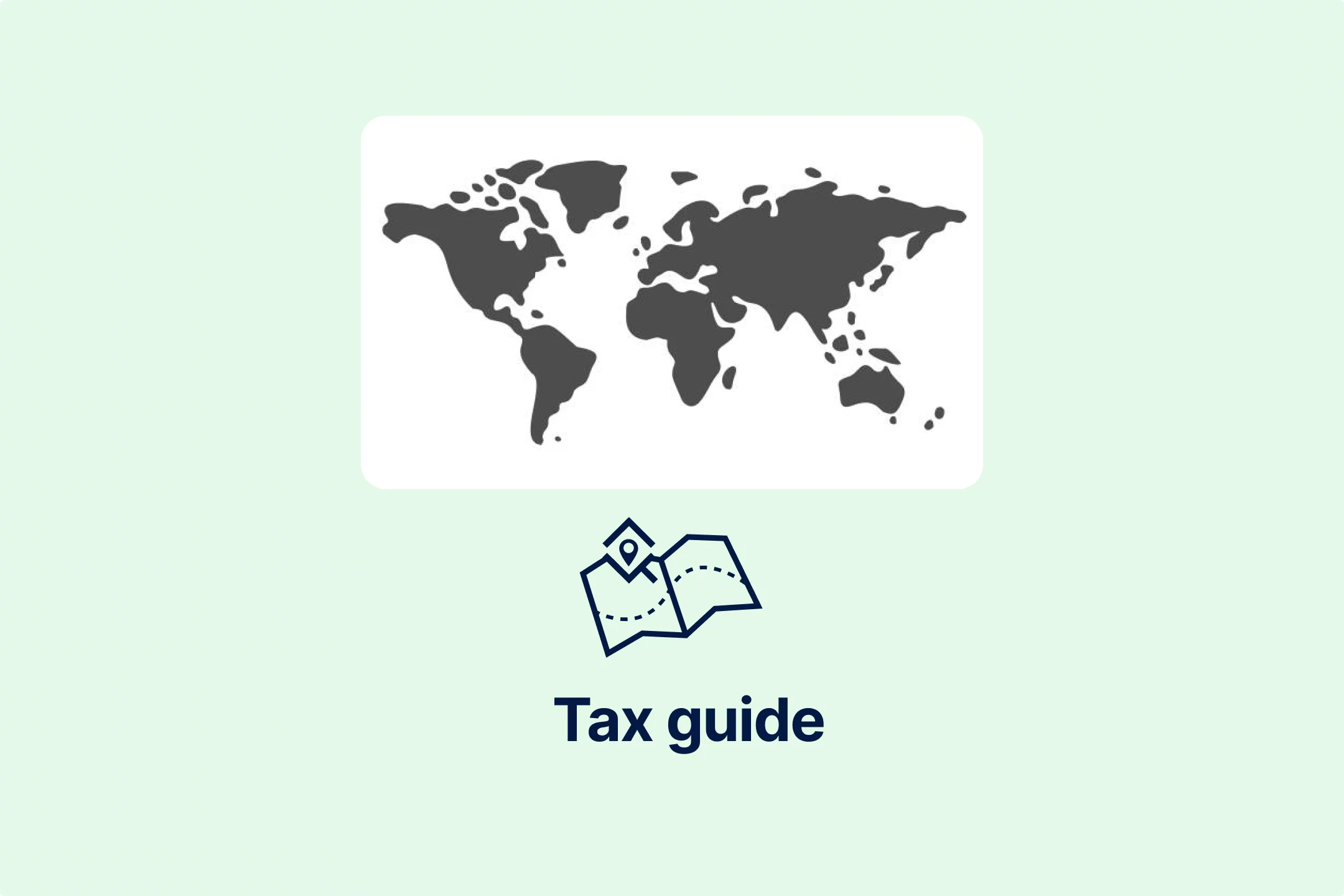

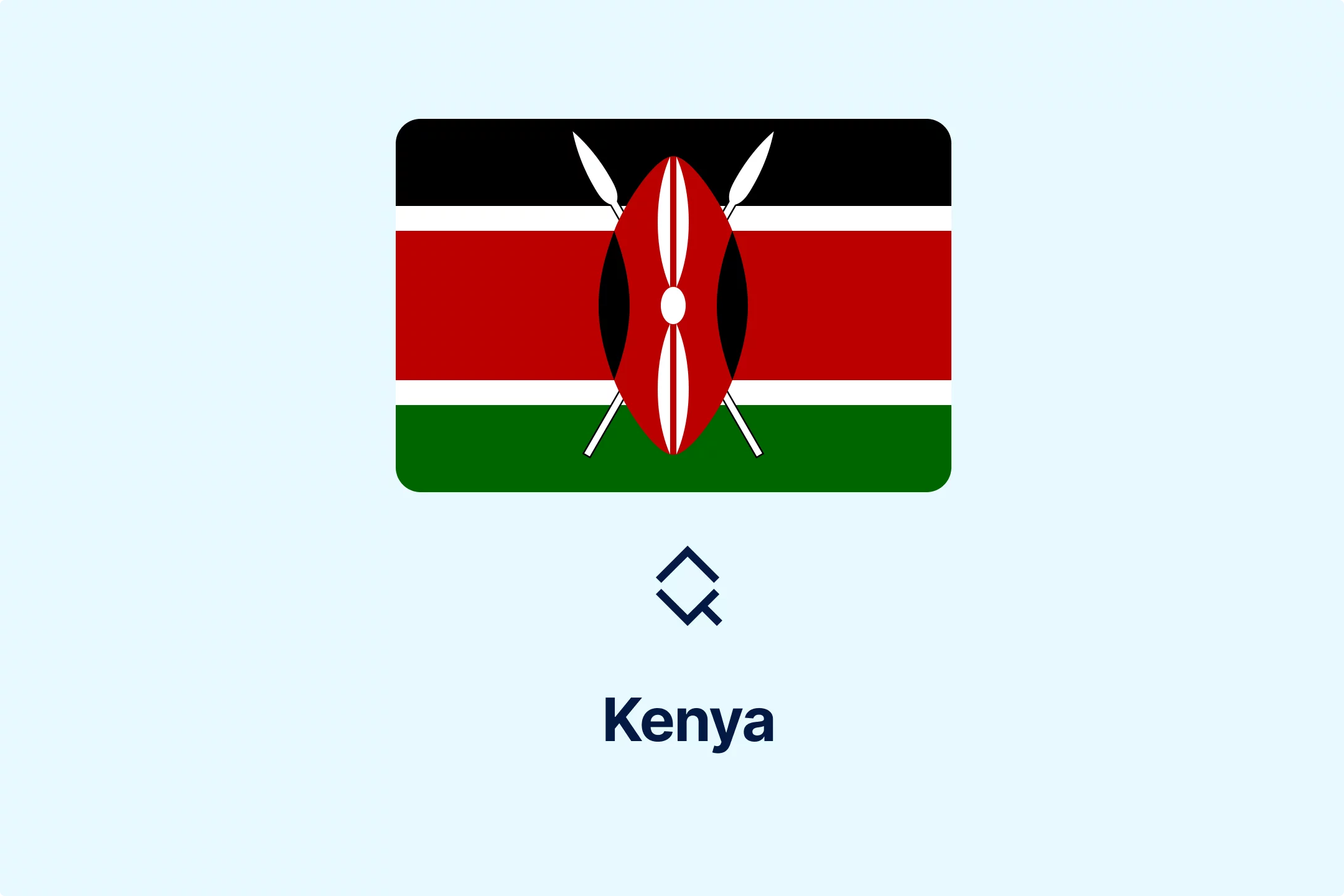
-tc819smrvc.webp)
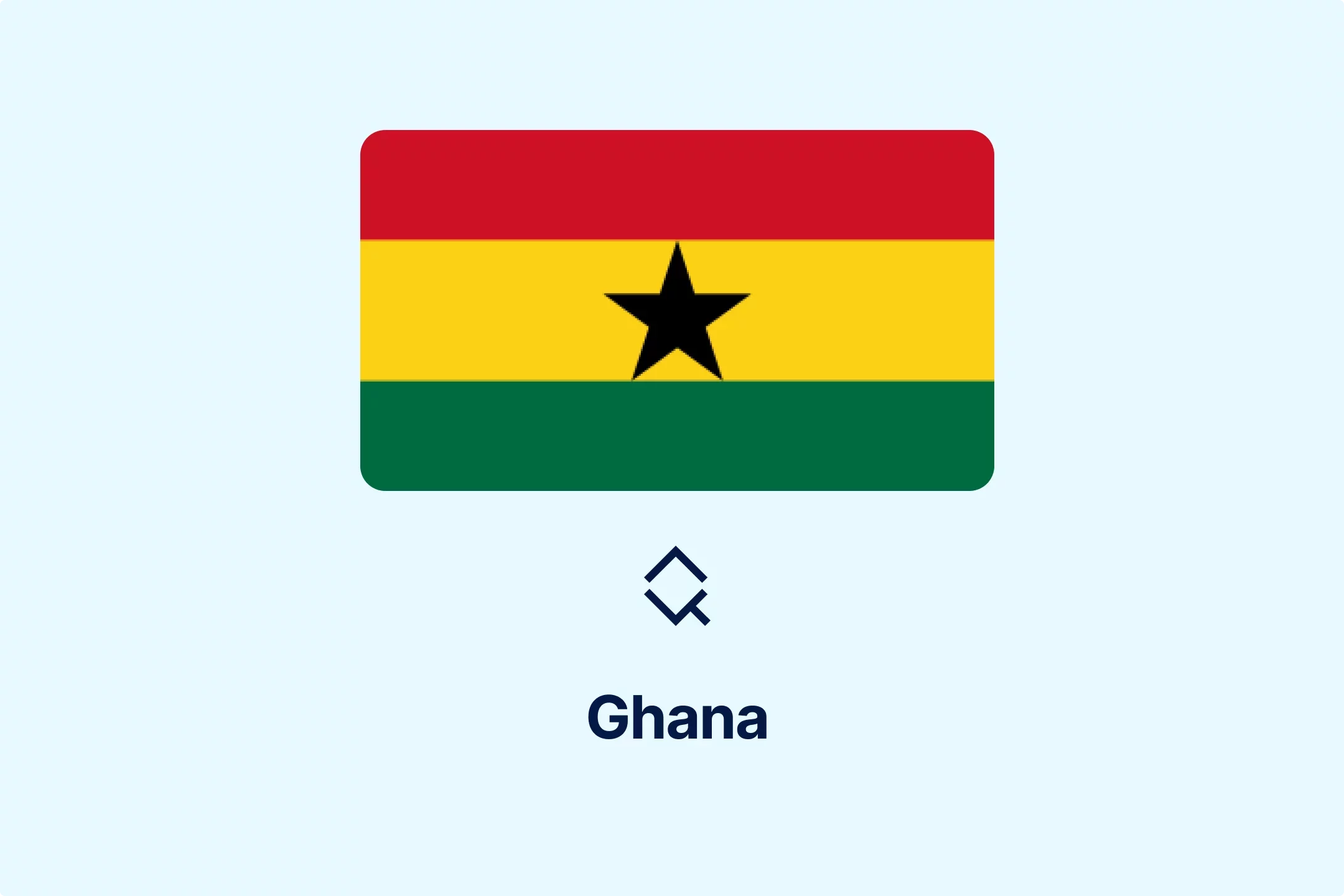
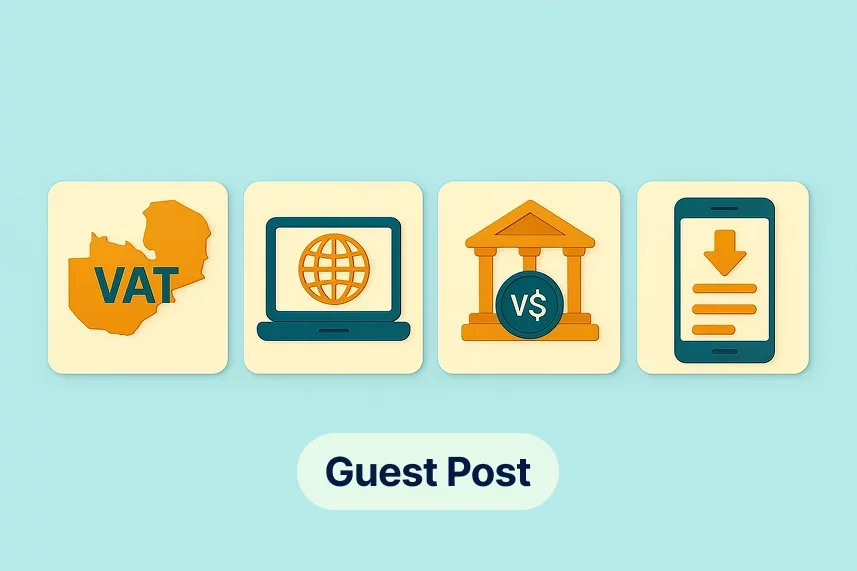
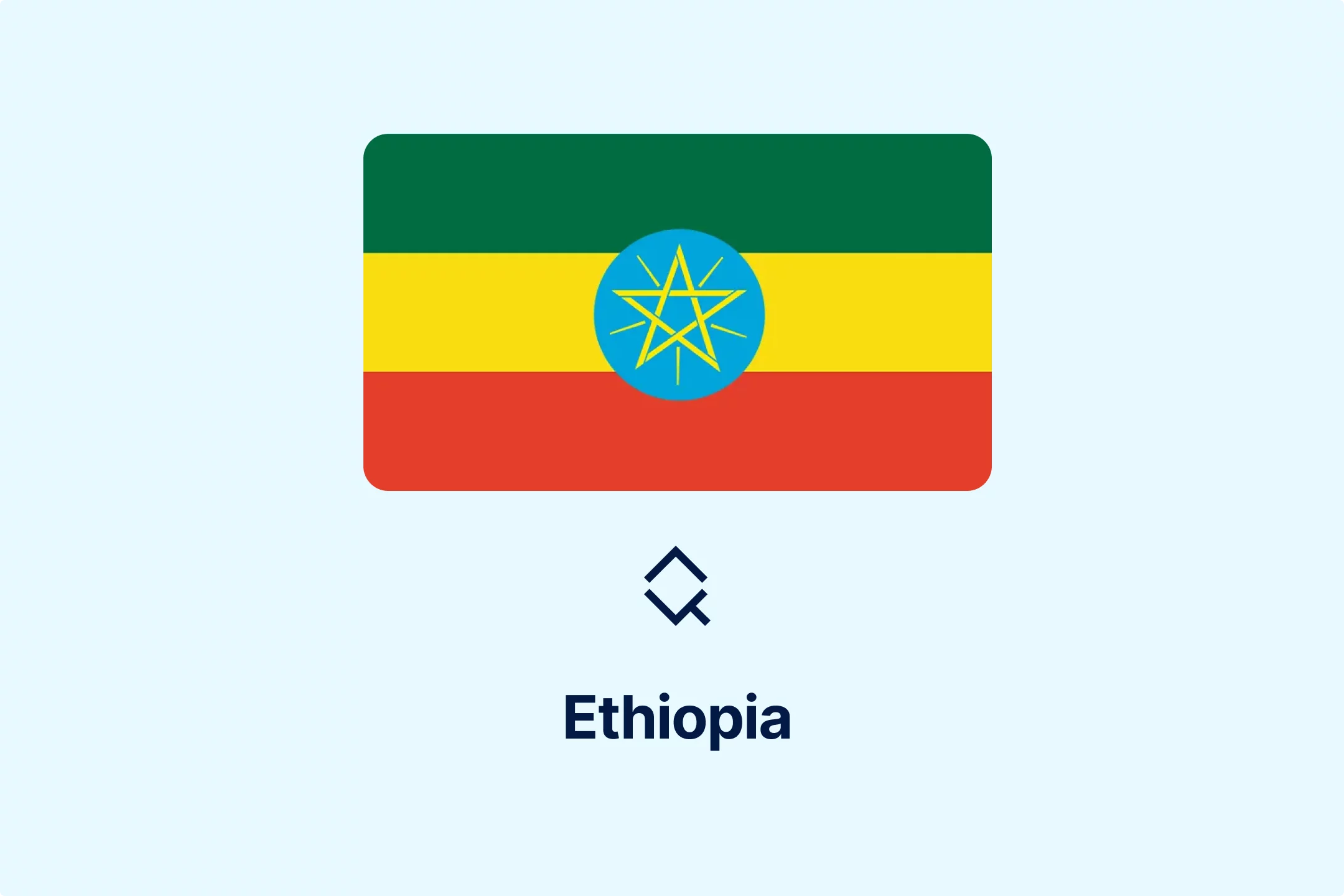
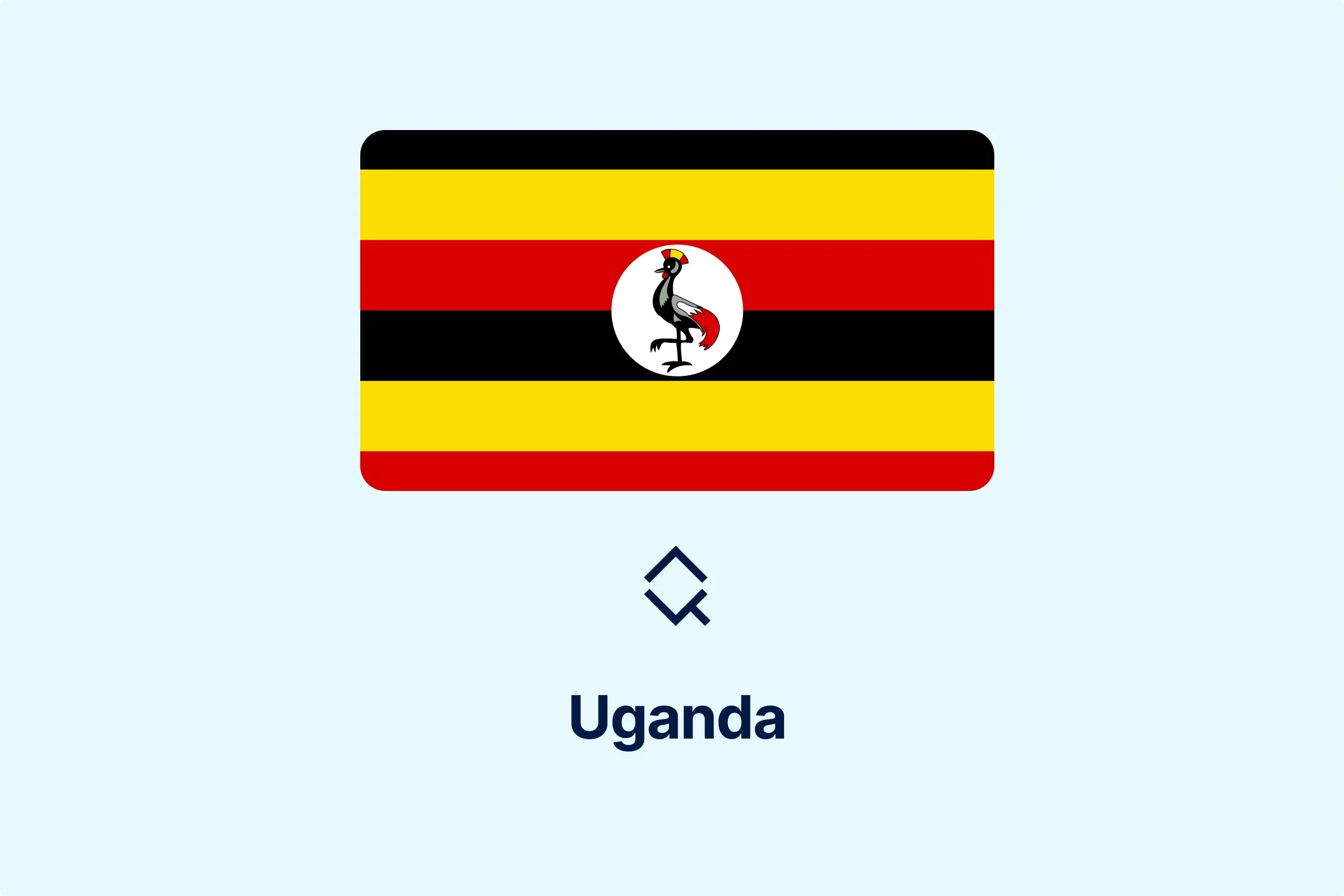
-1lfl8tbv0h.webp)




-sukknzru45.webp)




-5x4vkhcbio.webp)











-4t6t4uj2mm.webp)



-xjs7iob8wd.png)





-enoxc8fdkm.webp)





.png)
.png)









